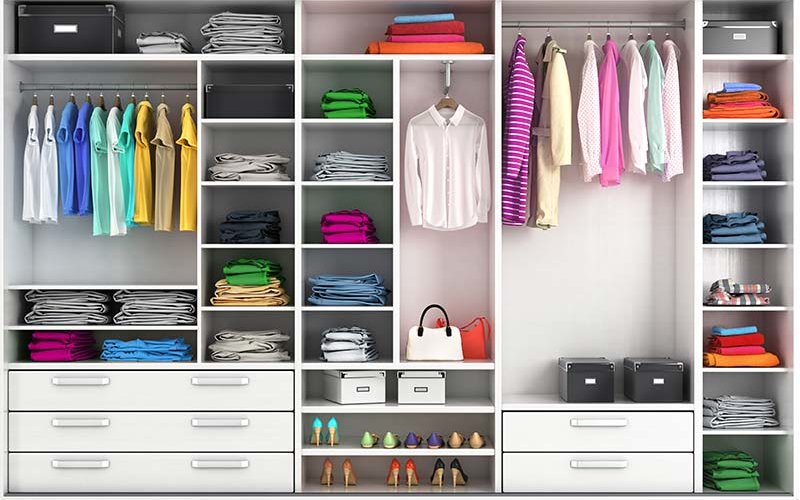
For Carrie Lane, getting rid of six old coffee mugs feels great — almost virtuous. As a researcher, this makes her suspicious.
“I’m not a better person if I have six fewer coffee mugs, so what’s going on in this cultural moment, or in me psychologically, that I feel like I’m a better person with a better life if I get rid of these coffee mugs?” she questions.
The Cal State Fullerton professor of American studies, who researches the changing nature of work and home life in contemporary America, says the latest organizing craze inspired by Netflix’s new series, “Tidying Up With Marie Kondo,” is reflective of larger societal issues.
Even before Kondo’s best-selling book, “The Life-Changing Magic of Tidying Up,” was published, Lane began researching the field of professional organizing. From 2012 to 2014, she interviewed more than 50 professional organizers to better understand how people’s desire for less stuff and simpler lives has fueled the growth of this industry.
The Modern Household
“Modern life is overwhelming for a lot of people,” said Lane. “People are overwhelmed by stuff. They’re overwhelmed by a lack of time. They’re overwhelmed by their responsibilities at home, at work and in between, and I think they have been convinced that the solution to this is to change themselves.”
But, she says, this thinking distracts people from looking at the underlying problems of why so many people feel overwhelmed by their own homes, belongings and schedules.
Some explanations may be that many households don’t have a dedicated homemaker, families are engaging in more intensive models of parenting, people are being asked to manage more data and information, and people have easy access to cheap, disposable goods.
“We call them ‘uptown problems,’ but they’re still problems,” she said. “Yes, you may be fortunate enough to have these belongings and steady employment, but you also have the misfortune of not having the time to manage all of that.”
A New Genre of Careers
In Lane’s “Americans at Work” class, students explore different occupations from diner waitresses and financial analysts to exotic dancers and funeral directors. They also look at newer occupations, such as professional organizers, and the way that work is changing in America.
“There’s a whole genre of service providers who are trying to help people live better lives,” said Lane, who sees professional organizers as part of an emerging field that includes life coaches, personal assistants, fitness trainers and time management experts.
“Traditional forms of employment aren’t working for a lot of people anymore,” she said, explaining that the benefits that used to come with working for companies, such as pensions, health care and job security, are dissipating.
“Starting your own business used to seem risky, but even secure jobs are risky these days,” said Lane. “With a job like professional organizing, there’s a low barrier to entry and it tends to be a flexible job.”
Examining the KonMari Method
Kondo’s Netflix series, which debuted earlier this month, has been met with mixed reactions. For some people, the show offers tangible solutions to a cluttered household. For others, it causes anxiety and frustration.
“Seeing shows like this can feel like a criticism of the way we’re living our lives,” explained Lane. “We are constantly being told how we can be better. When we look on Facebook and Pinterest, we see people making professional baker-quality cakes for their kids’ birthday parties. Now we’re supposed to fold our T-shirts a certain way as well?
“For others, it doesn’t feel like a criticism. It feels like a solution,” she said. “The KonMari Method, or some version of it, might really help some people stay organized and feel more in control of their homes and lives.”
While some TV shows may heighten the drama associated with home organizing, Lane believes Kondo’s show more closely aligns with the experiences of professional organizers she has interviewed.
“The guiding principles of organizing are that you are empathetic to your clients and that the client ultimately has to be the one to make the decisions about their belongings,” said Lane. “What I see in the show is Kondo trying to meet people where they are and help them solve what they have identified as problems.”